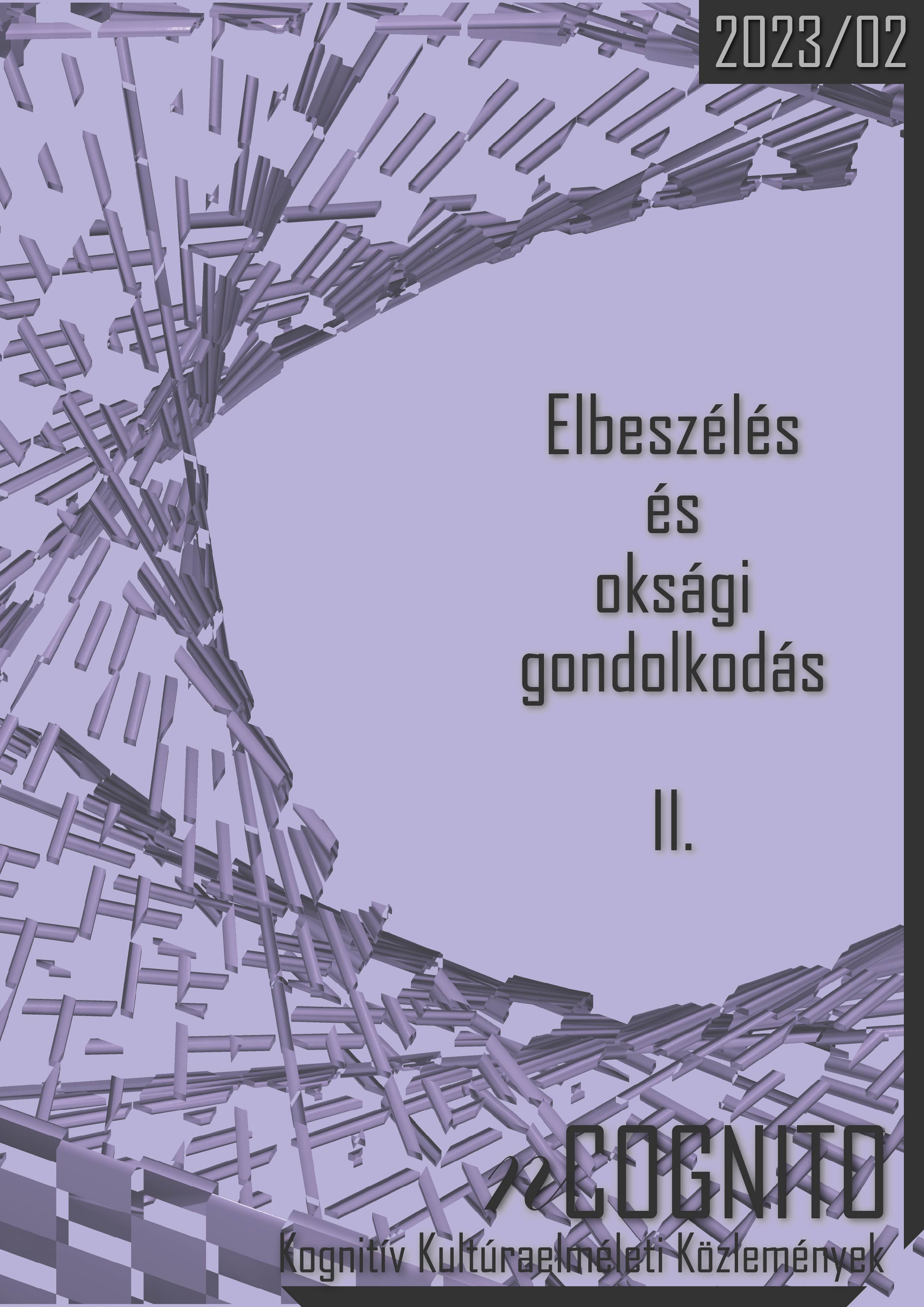Causal expectations Suspense and surprise while reading the novel Harry Potter and the Philosopher’s Stone
Main Article Content
Abstract
One of the basic theses of cognitive narratology is that the causal relations that are considered to be an indispensable part of stories are mostly not realised textually, but through the reader’s inferences. Not only does the reader infer causal relations between narrated events, but causal expectations are another important component of understanding stories. Causal expectations determine the direction of the reader’s interpretation and are also an important source of emotional impact. For example, the twin effects of suspense and surprise that lie at the heart of the subjective experience of ‘exciting’ are also due to causal expectations. The paper first shows how causal expectations raised by a text can underlie the receptive experience of suspense and surprise, and then analyses the first of a contemporary popular children’s novel, the Harry Potter series, in terms of how it builds on and fails to fulfil readers’ expectations.

